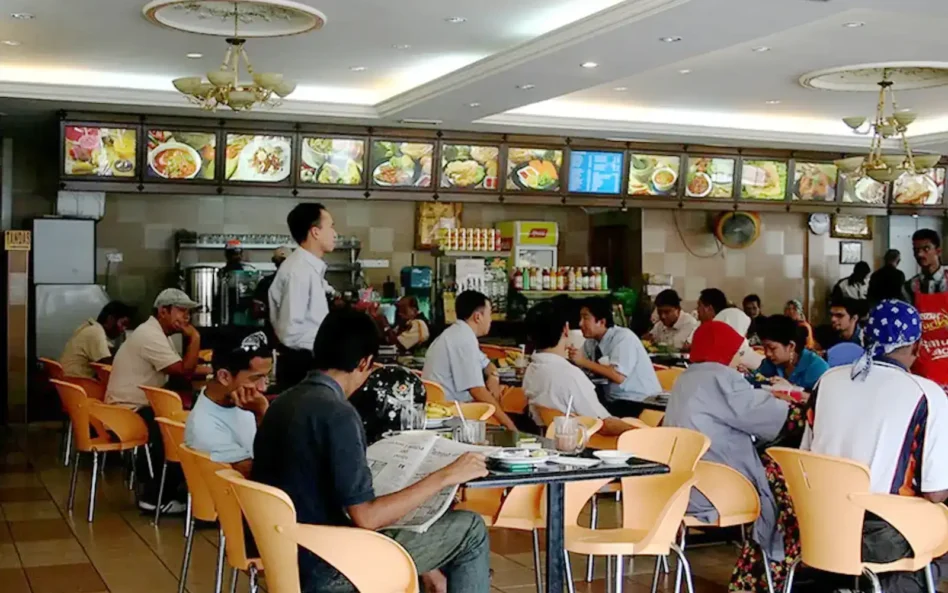The government of former prime minister Datuk Seri Najib Razak signed a US$1.5 mil (RM6.5 mil) deal in April 2018 with Israeli firm Senpai Technologies Ltd to surveil the movements of Pakatan Harapan, according to court documents sighted by tech news site Calcalist.
The report noted that the pressure felt by Najib’s party from the May 2018 elections saw the deal inked to acquire a system that allowed the party to gather information and analyse data on civilian activity.
The system was meant to be used by the Special Branch to keep tabs on political activists on the side of the opposition, with the deal coined “Project Magnum.”
“Since Israel and Malaysia have no official diplomatic relations, the deal was signed through a Cypriot conduit company called Kohai Corp Ltd, founded by two Senpai shareholders for the sole purpose of serving as a front for such deals,” said the report.
It was further noted that Najib’s plans for Senpai’s system were not kept secret from the company and its use for “political investigations״ is specifically mentioned in internal email correspondence.
A year after the elections, following Najib’s defeat, Senpai was due to sign a new contract with the Special Branch that required adjusting the goals of the original contract, according to correspondence obtained by Calcalist.
“The client got the documents and we are waiting for his response,” Senpai co-founder and head of sales Roy Shloman said, referring to “Magnum” in an email sent to fellow co-founders Guy David, Omri Raiter, and Eric Banoun on June 10, 2019.
In fact, the change was due to the need for the system to shift from political investigations towards criminal-terror investigations, with Senpai having planned a visit to meet up, answer questions, and offer “tips and tricks to maximise the system.”
For Malaysia’s phase two agreements, Banoun had counted US$300,000 to US$400,000 from the Special Branch, between US$2 mil and US$2.5 mil from the Prime Minister’s Office, between US$800,000 and US$2.2 mil from the Malaysian Anti-Corruption Commission, and a similar sum from the police.
“It is not often that government spy deals are exposed, and it is even more rare to find written evidence that the supplying company was completely aware of the type of use a government intended to make of its product. In fact, if it were not for a financial dispute between Senpai’s co-founders, which found its way to a Tel Aviv court last year, the documents and correspondence exposing the company’s extensive activity would likely not have seen the light of day,” said Calcalist, adding that Senpai had provided its services in Mexico, Aquador, Gabon, Angola, Kenya, Indonesia, and Singapore. – May 29, 2020










